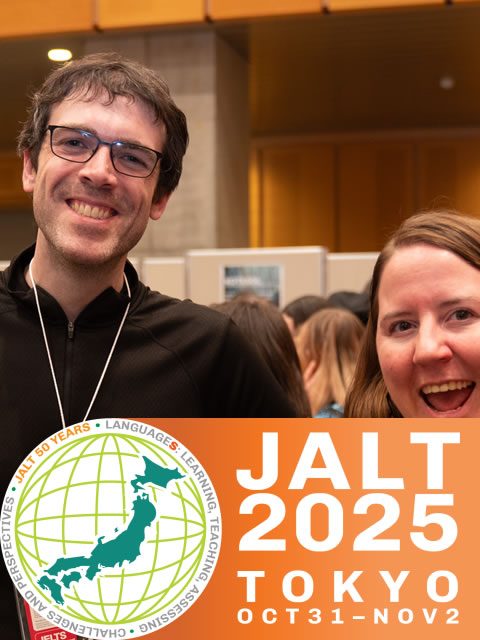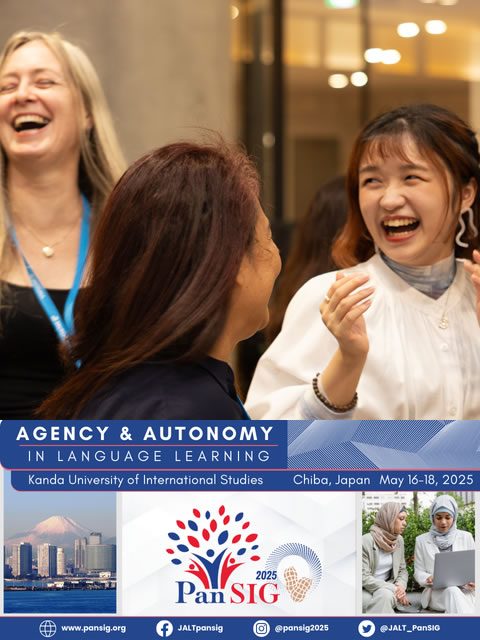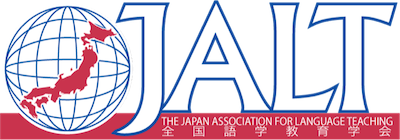Your cart is currently empty!
Event Report, Tottori Chapter December 2017
•
Jason Gold, of Kwansei Gakuin University in Kobe came to Tottori University and gave a great presentation on “Smart Teaching / Successful Learning” 「効率のよい指導・効果的な学習」.
Jason presented us with creative ideas to keep our students attentive and engaged. In workshop one, he focused on four key factors for effective learning: (1) Emotion (How do I feel?), (2) Interest (Am I interested?), (3) Perceived Importance (Is this important to me?), and (4) Self-Efficacy (Can I do this?). We discussed these points in small groups and, after every discussion, Jason shared with us his ideas and suggestions for how to get and hold students’ attention, as well as, get our students to take a more active role during lessons. One suggestion Jason made was to start every class with a “hook” (something that will draw the students into the lesson and keep them there by fostering within them the desire to want to learn more about the topic).
In workshop two, we discussed ways to keep students engaged and motivated to learn. We looked at what we can do to influence our students’ attitude and approach to challenges, effort, failures and lifelong learning. One of the main messages from Jason’s presentation was about students’ perception/mindset on learning. For example, if students go into language class thinking that intelligence is fixed and cannot be grown (i.e., one is born “intelligent” or “smart” and, despite one’s effort, cannot be changed), this will be reflected in the attitudes of our students related to their desire to learn (i.e., they will give up quickly and believe their effort does not matter). However, if students go into class believing intelligence is not fixed (as much of the recent research suggests), this will have a positive effect on our students desire to learn (i.e., they will put more effort into learning). Furthermore, Jason suggested that insights from recent research on how the brains work has implications for the words we select when we praise students. For example, if teachers continually praise their students on “how smart” they are (i.e., by saying, “You are so smart!”), it will influence the learners to believe that “intelligence is fixed and that my effort does not play any role at all in the outcome of my learning.” Yet, if we praise our students on “how much effort” they put into things (i.e, by saying, “You worked very hard!”), they will believe that their effort matters and that their effort will have a positive effect on their later abilities. Obviously, the latter is the preferred means of motivating our students to improve their language skills and, overall, lives.

JALT2025 International Conference
2025年10月31日(金)〜2025年11月02日(日) 東京都渋谷 国立オリンピック記念青少年総合センター Friday, October 31 – Sunday, November 02, 2025 • National Olympics Youth Memorial Center, Tokyo, Japan

PanSIG Conference
PanSIG 2025 will be held May 16-18 in Chiba. PanSIG is an annual conference organized by JALT’s Special Interest Groups (SIGs).
